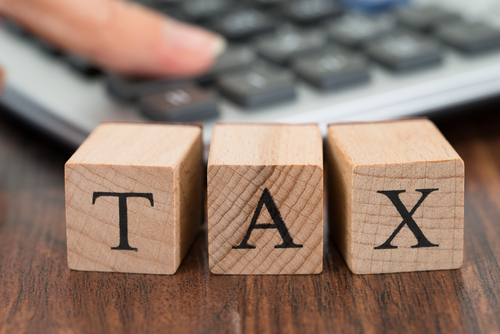Tax relief on deed of covenant
A Deed of Covenant is a legally binding written agreement to pay an agreed amount to another person. You must not receive any benefit in return for paying this amount.
What to do when making a payment
If you are the covenantor, you must deduct tax at the standard rate (20%) from the covenant payment and pay it to Revenue.
Complete a Form R185 – Certificate of Income Tax deducted each time you make a payment to the covenantee.
How much tax relief do you get?
If you are the covenantor, your relief depends on your rate of tax. Your relief is calculated on the amount of the covenant at the difference between the higher rate and the standard rate. If you pay tax at the standard rate only, you do not get any tax relief on your covenant payments.
The covenantor may refund the tax deducted to the covenantee where the covenantee’s income is below the limit for paying tax. Your total income includes the covenant payments you receive plus any other source of income.
Documents to send to Revenue
Covenantor
If you are making the covenant payments, the first time you claim for relief you need to send Revenue:
- a copy of the Deed of Covenant
- and
- a copy of Form R185 – Certificate of Income Tax deducted for the covenant payment that you made.
For following years, you must complete a Form R185 after each payment date. You should send a copy of this to your Revenue Office. We will adjust your tax record and make sure you receive a repayment of tax if it is due.
If you are a PAYE employee, use myAccount to submit an Income Tax Return to claim the relief. Alternatively, you can complete the Claim form for Deed of Covenant and send it to your Revenue office.
If you are self-assessed, you should include the details in your annual Form 11 return.
Any queries on the above give me a call on 091 763817 or email me at oliver@taxreturnhelp.ie

